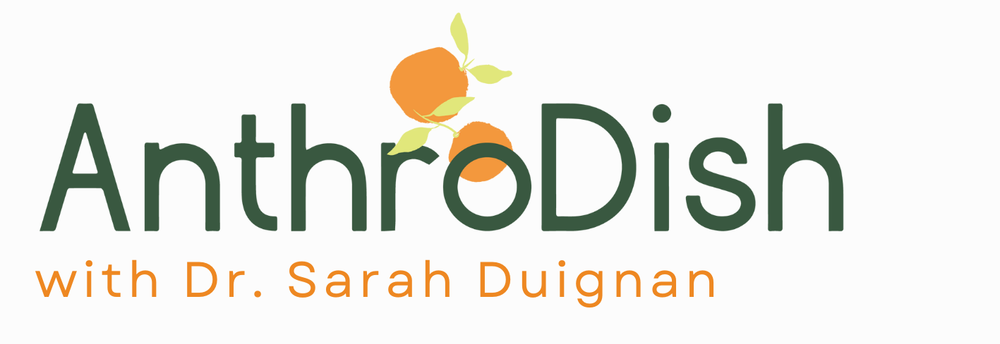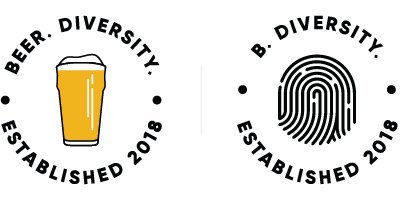This is the first episode back after the holiday break, so I hope that this finds you rested, stuffed, and balancing all the new year expectations as well as you can be!
For today’s show, I am chatting with chef Ruben Rodriguez, who is a Galcian-born chef and restauranteur of Nai Restaurant Group. Ruben immigrated to New Jersey with his family when he was 11 years old and found inspiration by the Galician food traditions he grew up with. This led to him eventually opening his own first Spanish tapas restaurant, Nai in 2010 in New York City’s East Village. Nai means “mom” in Galicia, which honours his mother and maternal ancestry through his cooking practices and has gone on to shape his more recent expansions through Nai Restaurant Group.
He's on the show today to discuss his journey navigating the New York restaurant scene as he started out, and how it led to three new concept restaurants, Amigo by Nai, Café Emilia, and Kobo during the thick of COVID-19 lockdowns that involved honoring the mother-work of chefs from different ethnicities and backgrounds, and creating fun and creative strategies to make restaurants work with ever-changing health restrictions in that time.
Sarah's Upcoming DesignTO Event with Mason Studios and Pastiao:
Learn More About Ruben:
Ruben IG: @rubenboilsoctopus
Nai IG: @naitapas
Website: https://www.nairestaurant.com/










